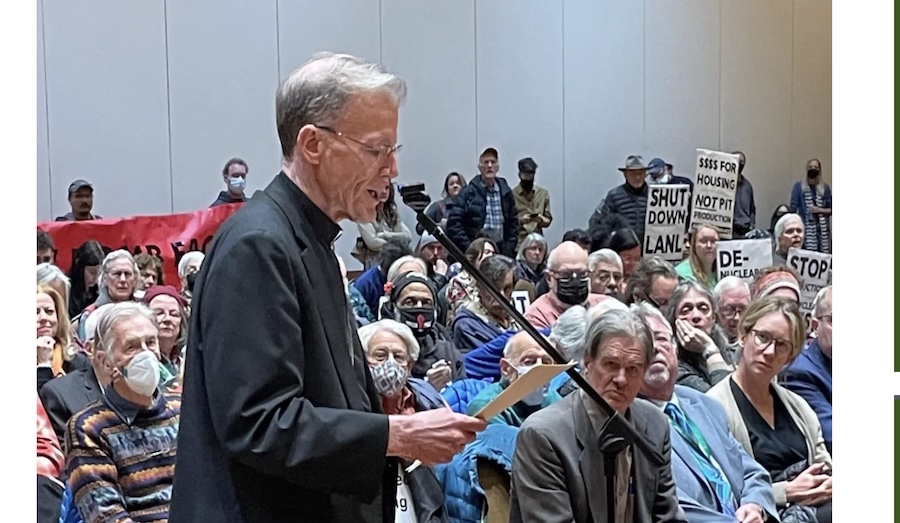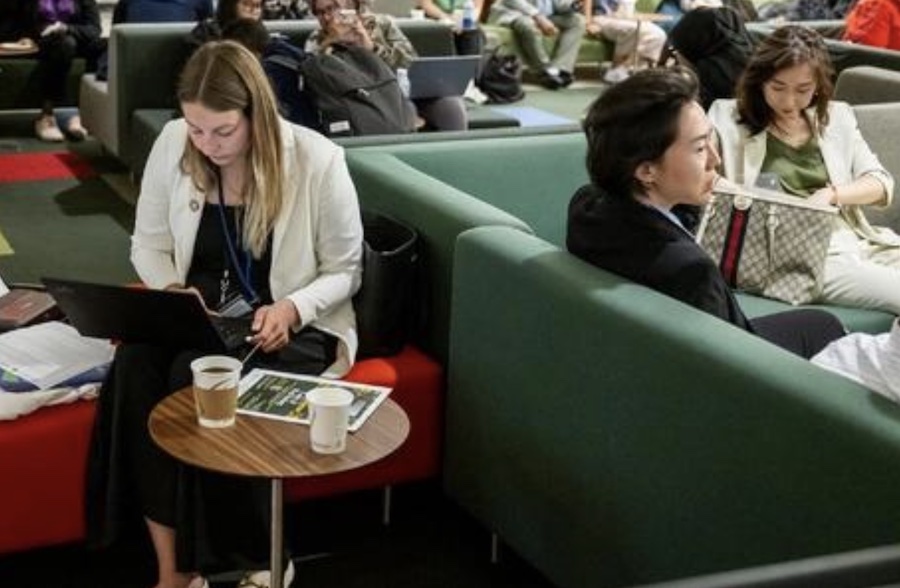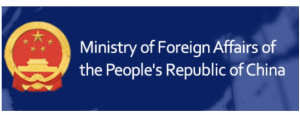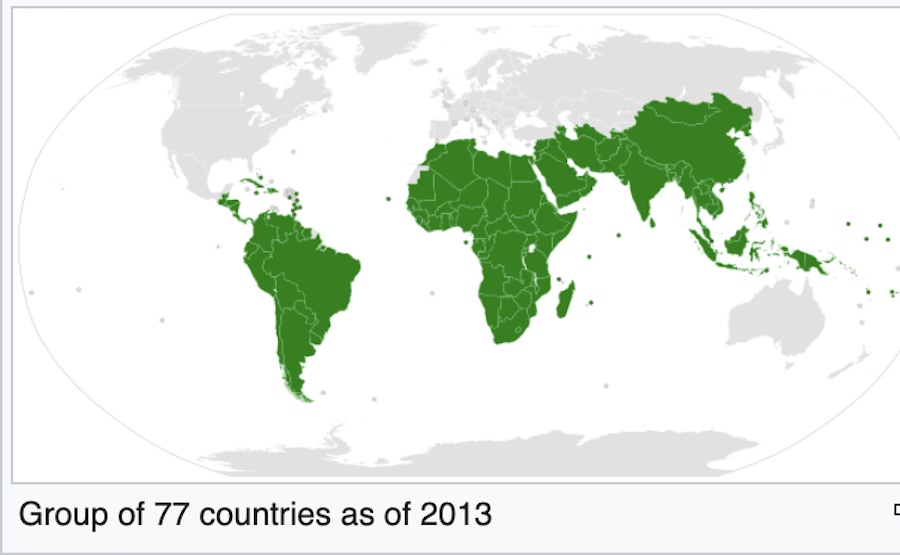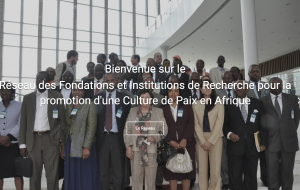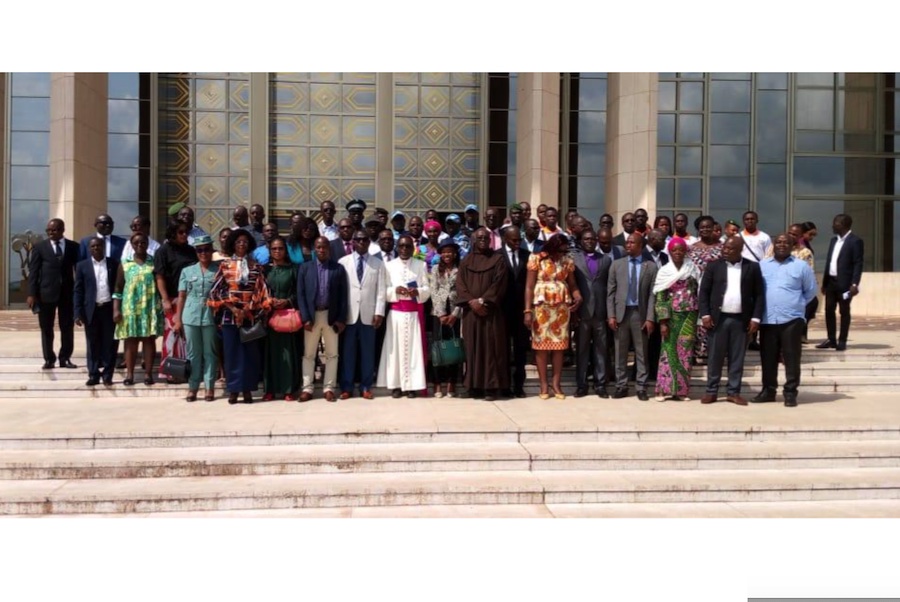DISARMAMENT & SECURITY .
An webinar report made available by Nonviolence International
David Cortright’s Notes of Webinar on Russian war opponents Nonviolence International webinar, June 26, 2023
On June 26, Nonviolent International convened a webinar to provide a space for Russians who have fled the war to speak out about the situation of war resisters and evaders today.
Moderated skillfully by American University Professor Barbara Wien, the program featured a report by NVI Ukraine Director Andre Kameshikov, who recently traveled to several of the countries to which Russian war evaders and conscientious objectors have fled.

Kameshikov has worked as a civil peacebuilding activist in conflict zones throughout the ex-USSR, including as the founder of Nonviolence International–CIS, a civil society organization operating in post-Soviet states for 22 years. Andre works from Kyiv with the local civil society sector to support peace and democratic development in Ukraine. He is now focusing on supporting the anti-war diaspora and movement in Russia.
Hundreds of thousands of Russians have fled the war to neighboring countries such as Kyrgyzstan, Kazakhstan, Uzbekistan, Georgia, Armenia, Lithuania, Poland and Germany. The Russian diaspora consists of three categories: those who were temporarily abroad when the invasion started and did not return, activists in Russia who fled as repression intensified after the invasion, and a large group that left the country at the time of the September 2022 military draft mobilization announcement when hundreds of thousands fled. A conservative estimate of those who fled after the war would be 700,000.
In his travels through the Russian diaspora community, Kameshikov did not meet anyone supportive of Russia’s decision to wage war in Ukraine. Those he met who favor peace said they would like to do something to bring the war to an end.
The first Russian speaker in the webinar was Konstantin Samoilov. He studied in the United States years ago and then returned to Russia to create his own company in thermal electric power production. Now the company he helped to build for 20 years and the entire industry no longer exists. After the war started, he fled to Uzbekistan. His children and family are with him now in Tashkent.
He decided he had to do something to oppose the war. “I consider myself a patriot,” Samoilov said. In working for peace “I found a sense of purpose.”
He is host of the Inside Russia YouTube channel and the creator of the Tashkent International Breakfast Club where Russians and Ukrainians meet to heal and make amends.
There are tens of thousands of fellow Russians in Uzbekistan, Samoilov estimates. He is trying to create a sense of community among them. He has an online digital network of 225,000.
(Continued in right column)
Can the peace movement help stop the war in the Ukraine?
(Continued from left column)
He and his colleagues are reaching out to Ukrainians. The goal is to have Russians and Ukrainians sitting together to speak out against the war. They want to stop Russian aggression in Ukraine, to promote future transformation of Russia, to help Ukraine, and to create online and offline international communities where repentance, healing, and forgiveness takes place.
Also speaking was Evgeni Lyaman, a 25-year old civil activist from Moscow, now living in Tbilisi, Georgia. He is the founder of Emigration for Action and is a former media literacy trainer, organizer and editor. Some of his colleagues from the organization are still in Russia. He and others left after the February 2022 invasion.
His group is providing medicines for Ukrainian refugees. So far they have helped some 7000 Ukrainian refugees.
He and his colleagues also helped the many Russians who fled to Georgia after the September 2022 mobilization. A massive wave of people flooded the roadways and caused a major backup
at the tunnel on the border between Georgia and Russia.
“We are working to build a large coalition of Russian groups that oppose the war,” he said. In July they will announce the creation of a new initiative of 150 Russian groups around the world. “The world will hear the voice of anti-war Russians.”
Nikita Rakhimov is a psychologist-psychotherapist with eight years of practice. He fled Russia in September, 2022, at the time of the mobilization and is living now in Kazakhstan. He said he and other Russians there are trying to define their identity. “We are not immigrants. We are not refugees,” he said. “What are we?” He said that they are unable to plan for the future. “We can’t imagine a scenario for the end of the war. We want to return to Russia, but we don’t know how or whether that will be possible.”
Rakhimov said that many of the Russians in Kazakhstan have problems of work, finances, and families that are still back in Russia. They are safe now in Kazakhstan, he said, but their status is not secure. Many are trying to find another country to enter. The problem is that they have no travel documents. It was possible to enter Kazakhstan with a Russian internal passport (Armenia, Belarus and Uzbekistan also accept these internal passports), but few Russians have international travel passports.
Alexei Prokhorenko also spoke. He said he is a Reserve Lieutenant in the army but did not support the war. He described the atmosphere of fear in Russia after the invasion began. “I posted anti-war stickers in the subways and on buildings, but I was afraid of being arrested.” When the September 2022 mobilization occurred, he saw government authorities grabbing people randomly off the streets, and he decided to leave. “I fled to Istanbul and then got a humanitarian visa to enter Poland.”
He said that the diaspora community in Warsaw is small and not very active. “The Russian community here is atomized,” he said. There is a great deal of apathy and fear.
He also said there is “a problem with the perception of Russians here and in the West.” There is a great deal of animosity towards all Russians. “We need people to discern between Russians who support the war and those who oppose it.”
As Kameshikov said at the end of the webinar, “tens of millions of Russians oppose the war. We need to set up communications networks among them in order to share critical perspectives on the war with the people of Russia.” We also need to communicate with the rest of the world to urge support for Russian war resisters and evaders.
